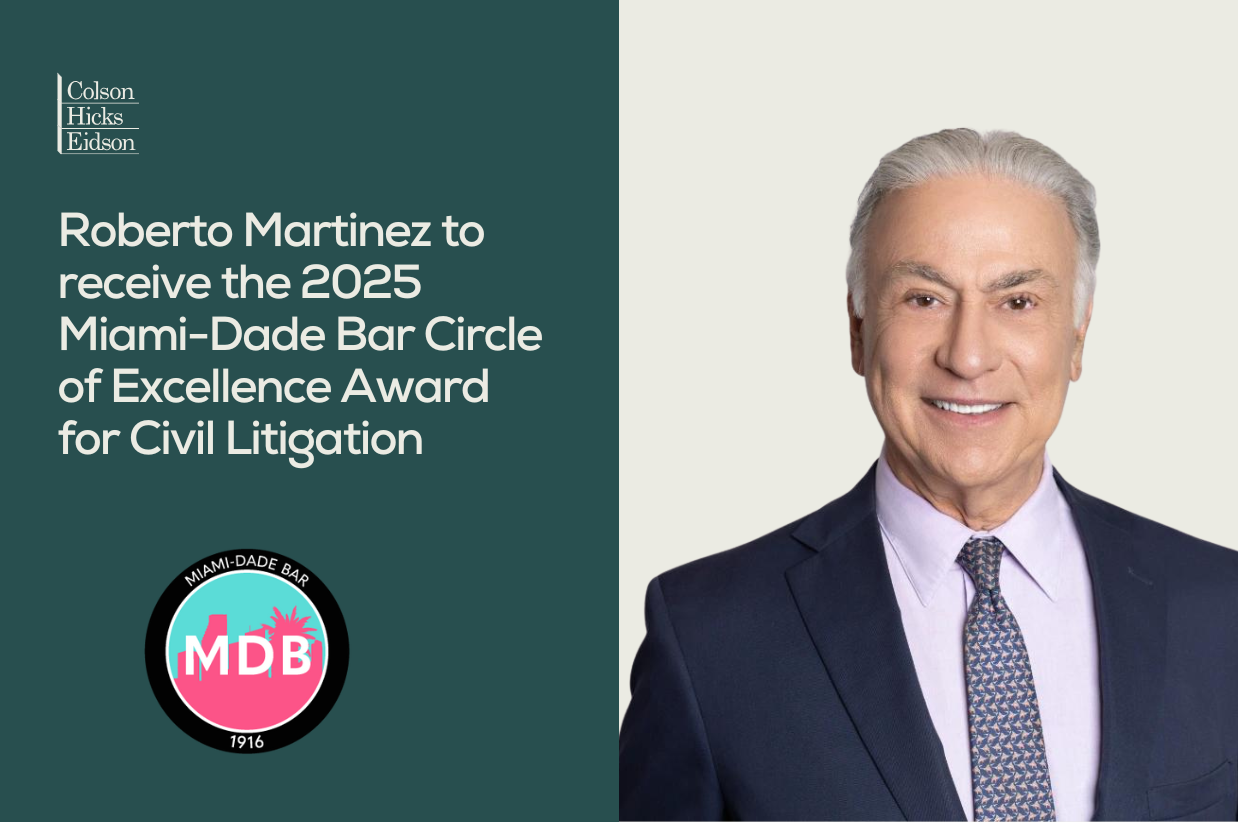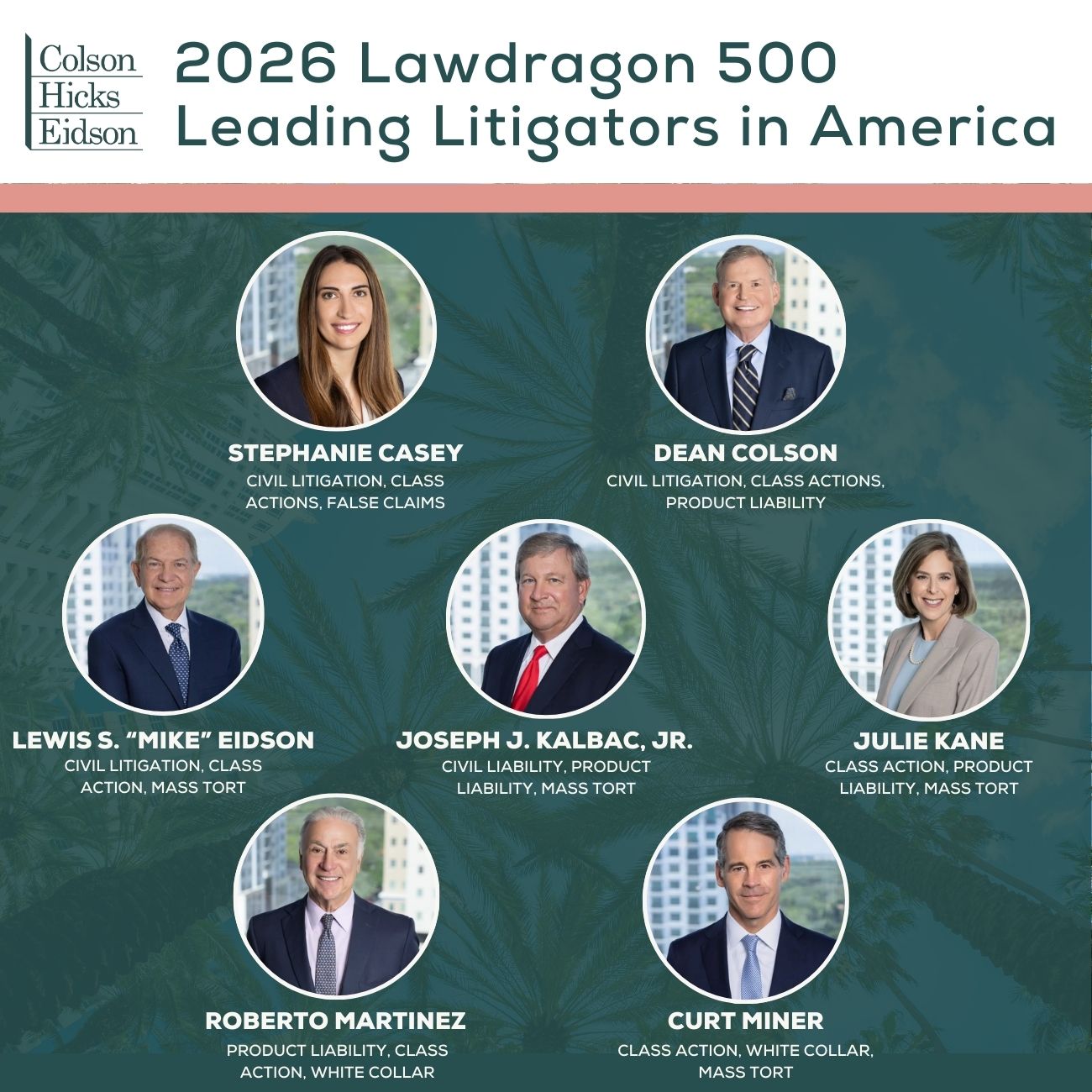Havana Docks Corporation claims they are “the rightful owner of an interest in and claim to certain commercial waterfront real property in the Port of Havana, Cuba.”This property, says the company, was stolen from them by Fidel Castro in 1960.
Havana Docks has previously filed a lawsuit against various cruise lines, claiming they trafficked in stolen property by sending cruise ships to commercial waterfront property in the Port of Havana, now known as the Havana Cruise Port Terminal. This is the property that Havana Docks owned until it was confiscated by the Cuban government in 1960.
Havana Docks says that the property has never been returned back and that Havana Docks never received adequate compensation for the seizure of their property. The property in question has been certified by the Foreign Claims Settlement Commission (the “FCSC”) pursuant to the International Claims Settlement Act of 1949, 22 U.S.C. § 1621.
The cruise lines push back
According to Law 360, four cruise lines facing lawsuits from Havana Docks have asked to bring a question before the Eleventh Circuit Court of Appeals. According to reports filed recently, Havana Docks said Norwegian Cruise Line Holdings Ltd., Carnival Corp., Royal Caribbean Cruise Ltd. and MSC Cruises SA failed to propose a “neat,”“clean,”“pure” and “controlling question of law.”
Each cruise line has asked U.S. District Judge Beth Bloom to allow them to “seek interlocutory appeal related to the scope of liability of Title III of the 1996 Helms-Burton Act.”
In plain terms, the cruise lines do not want to be held accountable for illegally using the property that was originally owned by Havana Docks.
The question the cruise lines pose is related to whether Title III of the Act, which is also known as the Cuban Liberty and Democratic Solidarity Act, creates any liability for trafficking in property confiscated by Fidel Castro’s Cuban government in the 1960s, without any interest of the property having been returned or regardless of when the alleged trafficking took place.
Havana Docks has said that “The court correctly held that Title III creates liability for trafficking in confiscated property, not in a property interest that was necessarily extinguished by expropriation.”
Further, Havana Docks says that the question from the cruise lines is relevant only if Havana Docks’ former interests in the property expired in 2004. In an amended complaint, the company says that 44 years of concessionary rights remained at the time of confiscation in 1960.
Havana Docks Corporation is represented by Roberto Martínez, Stephanie A. Casey, Zachary A. Lipshultz and Aziza F. Elayan-Martinez of Colson Hicks Eidson PA, and Rodney S. Margol of Margol&Margol PA.
Colson Hicks Eidson is a trial firm with more than 50 years of experience handling local, national, and international litigation and arbitration cases. Members of Colson Hicks Eidson have been involved in numerous high-profile and landmark cases resulting in precedent-setting and impactful rulings.
If you have a question related to personal injuries, defective products, maritime law, or other areas we handle on a regular basis, you can contact us for a free consultation by clicking here or by calling us at 305-476-7400.





